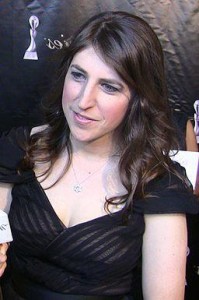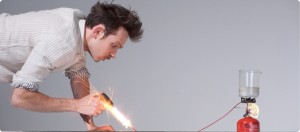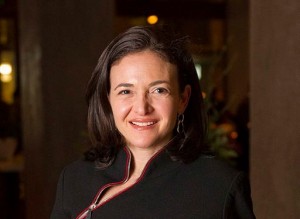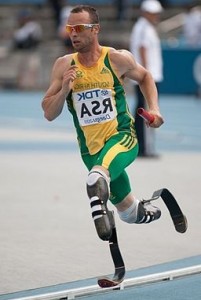 Mayim Bialik is quite popular these days. How do we know? “Mayim Bialik” is one of the top search queries leading readers to WWW.
Mayim Bialik is quite popular these days. How do we know? “Mayim Bialik” is one of the top search queries leading readers to WWW.
Evidently fantasizing about her is also popular.
Bialik’s fame makes sense; she stars in the TV show “The Big Bang Theory,” she blogs at both TODAYMoms and at Kveller.com, and she’s written a book about attachment parenting called Beyond the Sling.
Which is how the actor with a doctorate in neuroscience brings her whole self to work. How specifically does she do it? She wrote about the tribulations of working outside and inside the home in her first post at Kveller:
As a mom, my first focus is truly on my kids, even when I am filming or teaching.
Her priorities are obvious: mother first, professional second. She speaks this unapologetically and publicly, so she’s clearly confident in her decision to live this way.
She continues:
The house is not as clean as it ought to be, but if it were, I wouldn’t have time to brush my teeth or prep for teaching. You get the picture: I can’t do it all; if I could I would have it all. So instead I do what I can. And I lower my expectations for what “has” to get done every day and I try to be gentle with myself.
It reads like an afternoon breeze. How do you balance work and family? You don’t. Bialik details the nature of the imbalance, and it feels reassuring that she, too, lets go of some obligations. So in accepting her limitations, she helps others do the same. The former “Blossom” star shares one more set of wise words:
Here is one thing I must remember to drop everything to do, and that is to be as perfectly imperfect as I can be.
Right. On. Ultimately she raises 3 important questions for parents with careers to consider:
- Are you OK with prioritizing parenting work over professional work?
- How do you feel about letting some responsibilities at home slip? Are there ways you can go easier on yourself?
- What does “perfectly imperfect” look like for you?
OK, that was 4; nobody’s perfect. While she doesn’t go into finding ways to ease up at work, perhaps that’s something we’ll explore in a future post.
By discussing the intersection of her acting, science teaching, writing, and parenting, Bialik effectively brings her whole self to work, and promotes herself. Quite a winning combination.
Image via





